CRASH THEIR PARTY
The group of people behind this event are the "elite" who have been pushing for adoption of the "Pandemic Treaty." They are having a public event on Monday, September 18, 2023 and YOU are invited!
FREE ADMISSION!!!
If you know anyone who lives in the New York City area, or would be willing and able to travel to NYC on the evening of September 18, 2023, please share this information with them ASAP.
RSVP:
(Technically, you will not be “crashing” the party - everyone IS invited!)
The Panel for a Global Public Health Convention and the Government of Malaysia are pleased to invite you to a panel discussion during the 78th United Nations General Assembly on September 18, 2023.
WHO:
Speakers include:
Opening remarks by Dr Muhammad Radzi Abu Hassan, Director-General of Health, Malaysia
Laura Chinchilla Miranda, Vice-President, World Leadership Alliance – Club de Madrid & Former President of Costa Rica
Jane Halton, Chair, Coalition for Epidemic Preparedness Innovations
Barbara Stocking, Chair, Panel for a Global Public Health Convention
Ricardo Baptista Leite, President, UNITE Global Parliamentarians Network to End Infectious Diseases & CEO, The International Digital Health and AI Research Collaborative (I-DAIR)
Jorge Saavedra, Executive Director, AHF Global Public Health Institute
Speaker from Amref Health Africa
Speaker from Brazil
The Panel will discuss:
How to leverage the lessons learned from past health emergencies, like COVID-19 and Ebola, to stop future outbreaks from becoming pandemics.
The governance and accountability mechanisms needed to strengthen pandemic prevention, preparedness and response.
Ways to ensure the UN Political Declaration on Pandemic Prevention, Preparedness and Response is translated into action.
WHAT:
WHEN:
WHERE:
Convene, 530 Fifth Avenue, New York, NY, 10036 Floor 9, South Hub
HOW:
WHY:
To connect with (and share your opinions with) the people who are some of the originators of the idea of a “Pandemic Treaty.”
THEY WANT POWER:
For a global public health system to work, individual countries must cede some degree of authority to a global governing body. Every member must commit to shared sovereignty over regulatory and enforcement processes and accept interventions necessary to protect worldwide public health, as well as the penalties of noncompliance.
THEY WANT MONEY:
Financing for pandemic preparedness and response should be predictable and sustainable, and draw from a multilateral facility into which all countries contribute based on an agreed ‘ability to pay’ formula, and are allocated based on needs. A Convention should enshrine this as the accepted approach, and any new funding facility should quickly strive to achieve this as a goal.
Paramount is that sufficient funds are available for preparedness to ensure every country in every income level meets the requirements to detect, report and contain health threats. Surge funds are immediately required for response, including to the country reporting the threat. Sustainable funds are needed to support the pandemic preparedness and response global health governance structures.
A Convention should confirm that an independent, authoritative WHO is critical to pandemic preparedness and response. Our Panel supports the numerous calls for unearmarked, assessed contributions to cover two-thirds of WHO’s base budget.
https://GPHCPanel.org
https://gphcpanel.org/panel-members/
The Panel for a Global Public Health Convention (GPHC) is an independent coalition of global leaders. The GPHC was founded in 2020 and advocates for a treaty to be adopted at the highest levels of government: by heads of state.
The GPHC is connected to the AIDS Healthcare Foundation, UNITE, and Club de Madrid.
The impetus for the creation of the Panel for a Global Public Health Convention came from the publication of a research study titled “A Global Public Health Convention for the 21st Century” in the Lancet Public Health journal in 2021.
https://www.thelancet.com/journals/lanpub/article/PIIS2468-2667(21)00070-0/fulltext#%20
Johnathan H Duff, PhD
Anicca Liu, MPH
Jorge Saavedra, MD
Jacob N Batycki, MPH
Kendra Morancy, MA
Barbara Stocking, MA
Prof Lawrence O Gostin, JD
Prof Sandro Galea, MD
Prof Stefano Bertozzi, MD
Jose M Zuniga, PhD
Carmencita Alberto-Banatin, MD
Akua Sena Dansua, MA
Prof Carlos del Rio, MD
Prof Maksut Kulzhanov, PhD
Prof Kelley Lee, PhD
Gisela Scaglia, BA
Cyrus Shahpar, MD
Prof Andrew J Ullmann, MD
Prof Steven J Hoffman, PhD
Michael Weinstein, BA
Prof José Szapocznik, PhD
This study was conducted by the University of Miami under the leadership of Prof. José Szapocznik Ph.D., with the support of the AIDS Healthcare Foundation. After the research team gathered and analyzed input from 29 leading public health experts, it distilled this information into a list of 10 recommendations on what a new global public health security convention would need to best prevent, prepare and respond to infectious disease outbreaks and pandemics.
Below are the GPHC’s 10 Recommendations:
Grant this public health agency (or agencies) the authority to lead countries to act and collaborate around a global vision for collective health. This agency or agencies would:
Monitor, share data, and coordinate activities across countries.
Coordinate the global collection and distribution of resources and information.
Supersede other authorities and bypass existing regulatory structures when necessary during an emergency.
Prioritize acting to prevent, prepare and respond to infectious disease outbreaks before they become pandemics.
Plan for, mobilize and deploy resources for infectious disease outbreaks, pandemics, and other possible public health security threats. Be flexible in approach to meet the diverse needs of countries at different stages of infectious disease response.
Continue to support WHO as the agency that creates and communicates preparedness and response standards for the world without undue political interference. Communicate compelling, evidence-based, authoritative, consistent information when needed. Particularly in a public health emergency, when situations and data are emerging and uncertain, countries need clear expectations for public health security policies, benchmarks, and activities.
Objectively monitor each country’s progress and compliance in meeting outbreak/pandemic preparedness and response requirements. Monitor progress independently rather than relying on countries to report progress themselves. Make the evaluations publicly available to ensure transparency and promote compliance. Require remediation when there are gaps in countries’ readiness or response and assist countries in achieving compliance.
The evaluation of progress in preparedness and response should be conducted objectively and externally. Evaluation should not rely extensively on countries self-evaluation as is the case now. Guide and support countries toward desired outcomes rather than using evaluation as a mechanism for punitive measures.
No global public health agreement today includes adequate mechanisms to enforce compliance.
To promote global accountability, reward compliance with tangible, robust benefits, such as financial aid or technical assistance in pandemic prevention and preparedness; support and guidance through pandemic response; and access to data, information, and public praise. Specifically, low- and many middle-income countries require financial support to properly prepare and respond to outbreaks and pandemics, and to avoid economic repercussions when reporting an outbreak.
Non-compliance might be addressed with public reprimands, economic sanctions, or denial of travel, trade and tourism benefits, for example. Rely heavily on incentives but employ sanctions when and if necessary, considering varying levels of access to resources and capabilities. There is a need to involve countries and civil society in exploring and identifying just incentives and disincentives that are commensurate with countries’ needs and global risk, respectively.
Empower the governing body to work collaboratively across global borders, while maintaining the ability to make independent decisions. When a governing body is funded primarily by voluntary financial contributions from select member states, like the WHO is, it becomes vulnerable to political influence and limited in its ability to make difficult decisions that might affect donors.
Autonomy of a governing body would allow independent, evidence-based decision-making, in the best interest of global public health – free from conflicts of interest or pressure from participating entities.
Empower the governing body to work collaboratively across global borders, while maintaining the ability to make independent decisions. When a governing body is funded primarily by voluntary financial contributions from select member states, like the WHO is, it becomes vulnerable to political influence and limited in its ability to make difficult decisions that might affect donors.
Autonomy of a governing body would allow independent, evidence-based decision-making, in the best interest of global public health – free from conflicts of interest or pressure from participating entities.
Governance could be achieved through regional or rotating representative members. For a global public health security system to succeed, the major global economic powers, such as the USA and China, should be involved. A body with of nearly 200 governing members is too unwieldy to rapidly and flexibly respond to emerging threats. A nimbler governing body that may not include all countries at all times, will be required.
The governance system must be transparent and accountable across every level of decision-making and action, including open data sharing, thorough public independent evaluations of countries’ levels of preparedness and compliance, and accurate reporting of infectious disease incidence and outcomes.
Public health activities must be reflected in the core functions of an entire national government, not solely the agencies responsible for health.
Participating stakeholders must include the private sector, philanthropic organizations, non-governmental organizations, local governments, and academia. Local public health sectors typically responsible for prevention, preparedness and response-related activities must be engaged alongside national governments responsible for determining participation in international agreements.
For a global public health system to work, individual countries must cede some degree of authority to a global governing body. Every member must commit to shared sovereignty over regulatory and enforcement processes and accept interventions necessary to protect worldwide public health, as well as the penalties of noncompliance. National laws must institutionalize public health security practices and core public health capacities to make them sustainable through legislation, allocation of resources, training of personnel, and employment of preparedness and response strategies.
Funding for the Panel for a Global Public Health Convention (GPHC) was provided by the AHF Global Public Health Institute at the University of Miami, AIDS Healthcare Foundation. For more information, please contact secretariat@gphcpanel.org
https://gphcpanel.org/toolkit/
ThePeoplesDeclaration.com
ExitTheWHO.org
ExitTheWHO.com
StopTheGlobalAgenda.com
StopTheAmendments.com
StopTheWHO.com
ScrewTheWHO.com
MaskCharade.com
RejectDigitalEnslavement.com
HealthFreedomBillOfRights.com
PreventGenocide2030.org
DoorToFreedom.org
By: James Roguski
The old system is crumbling, and we must build its replacement quickly.
If you are fed up with the government, hospital, medical, pharmaceutical, media, industrial complex and would like to help build a holistic alternative to the WHO, then feel free to contact me directly anytime.
JamesRoguski.substack.com/about
JamesRoguski.substack.com/archive
310-619-3055
All content is free to all readers.
All support is deeply appreciated.

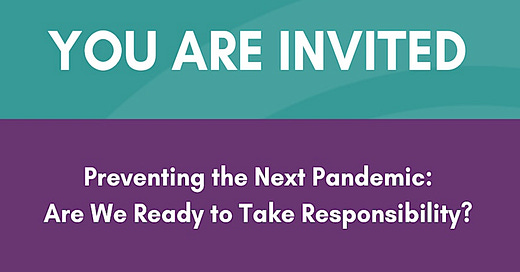




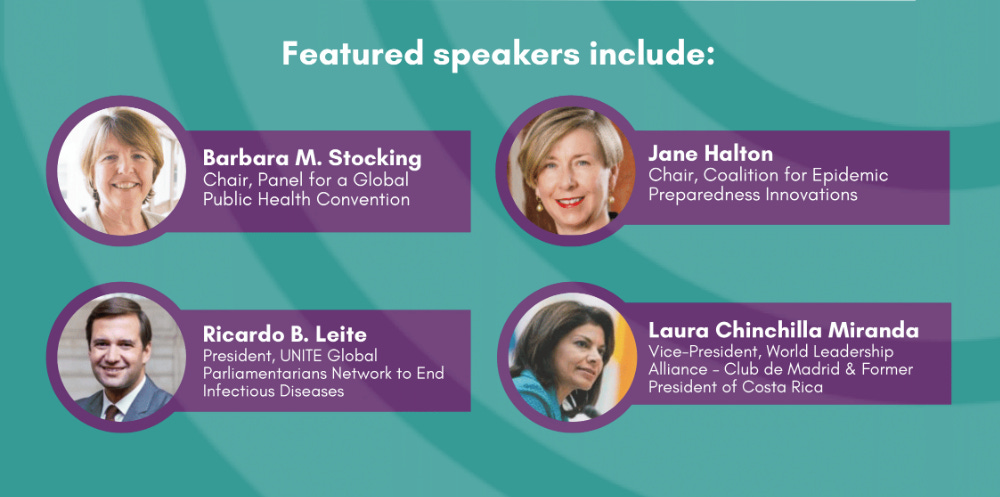
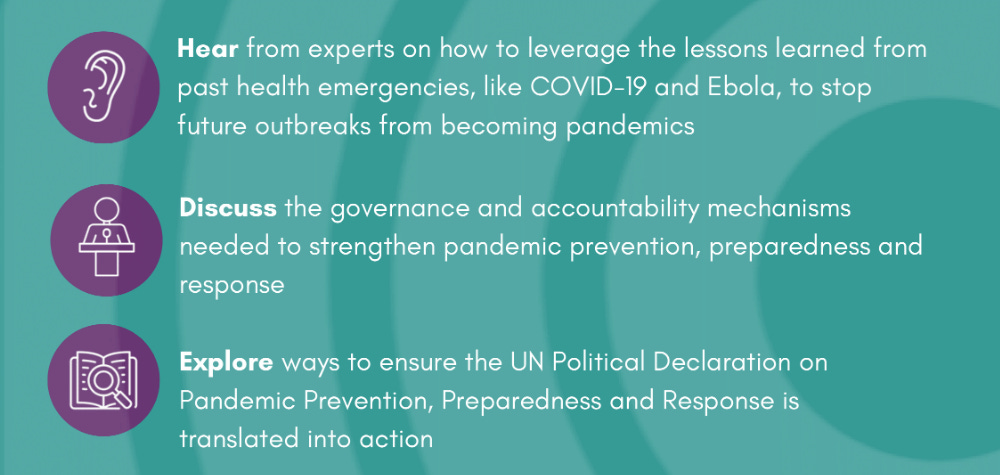

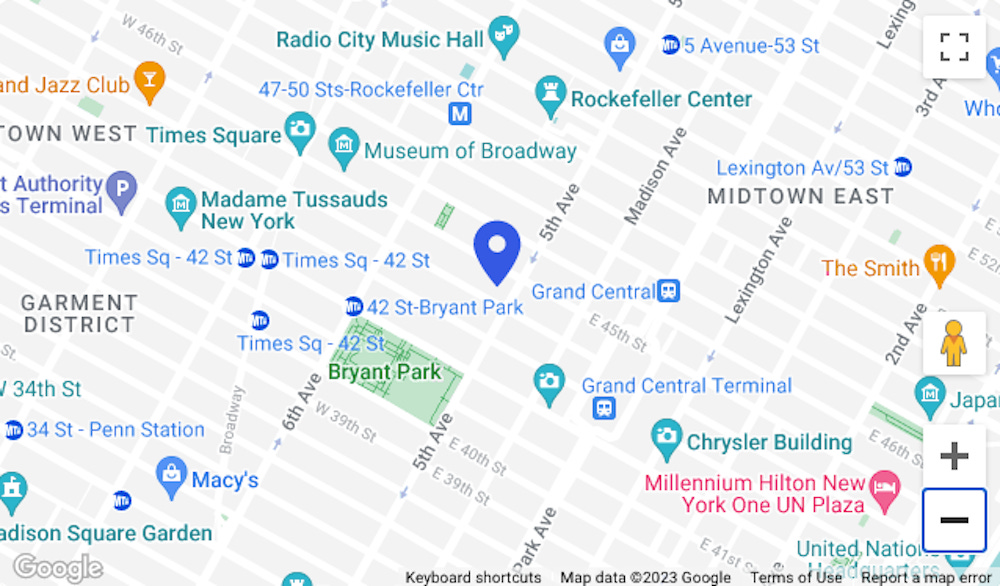


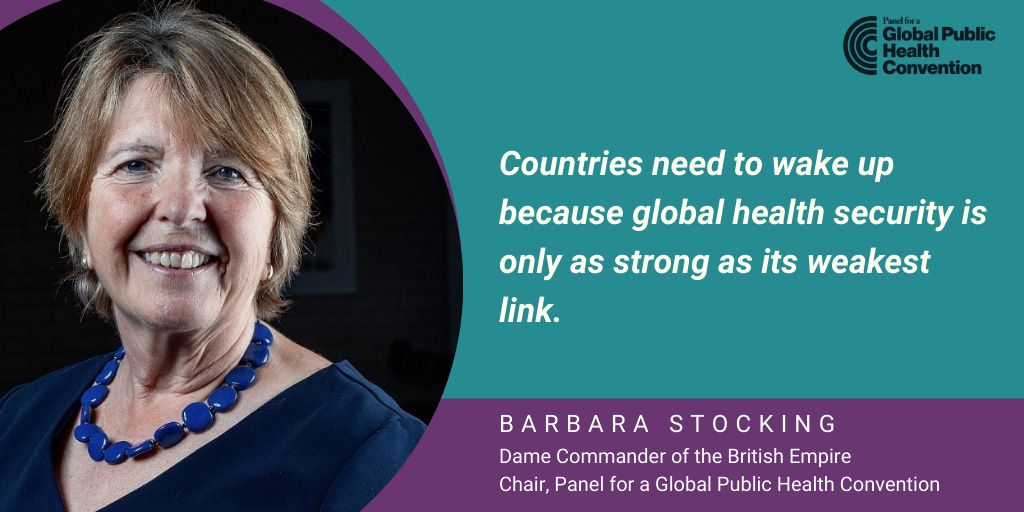

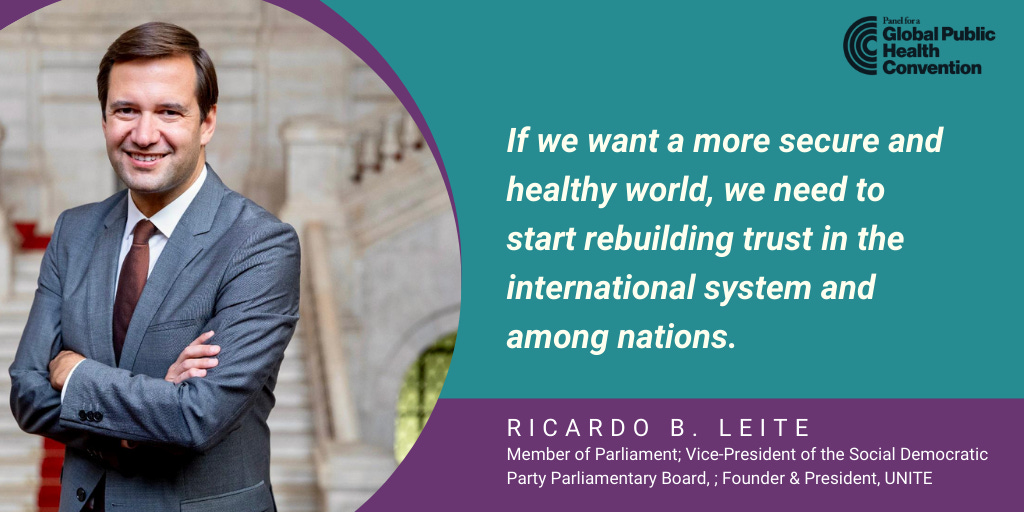
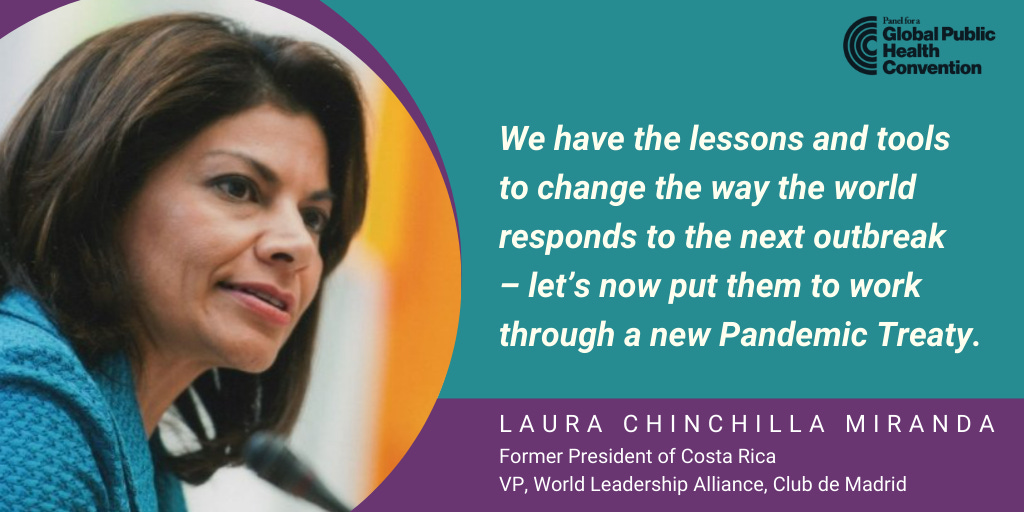



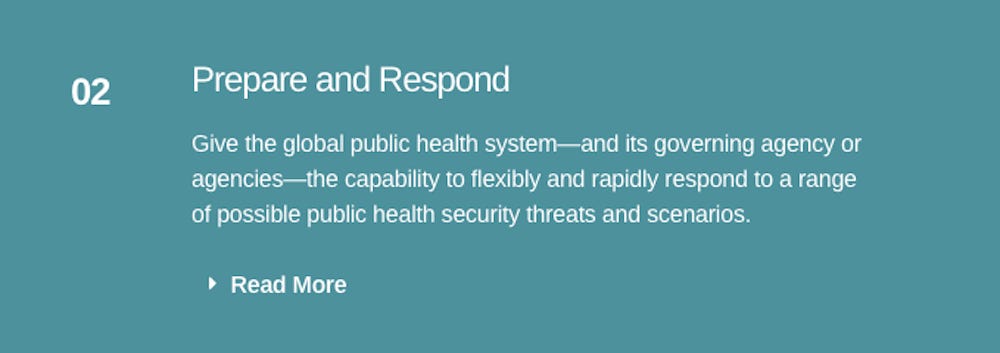
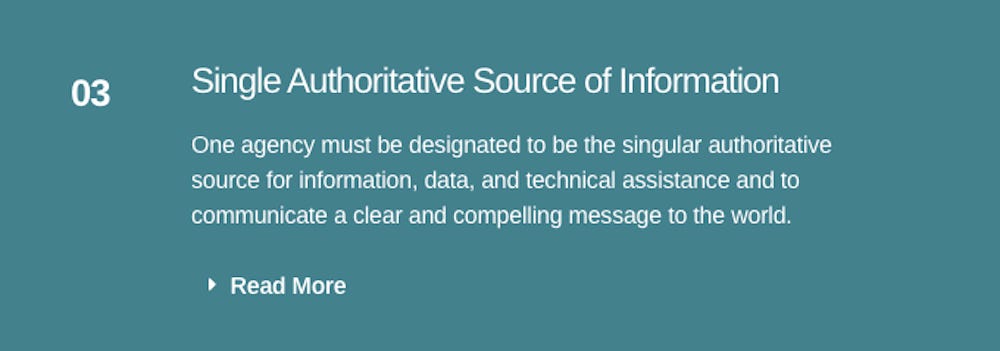
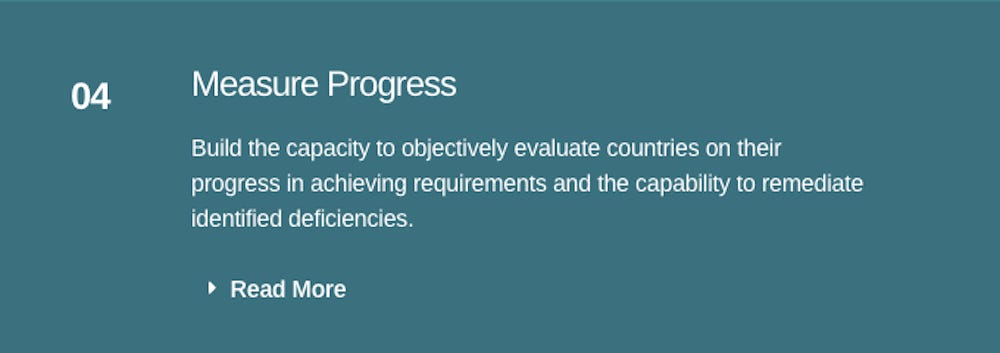
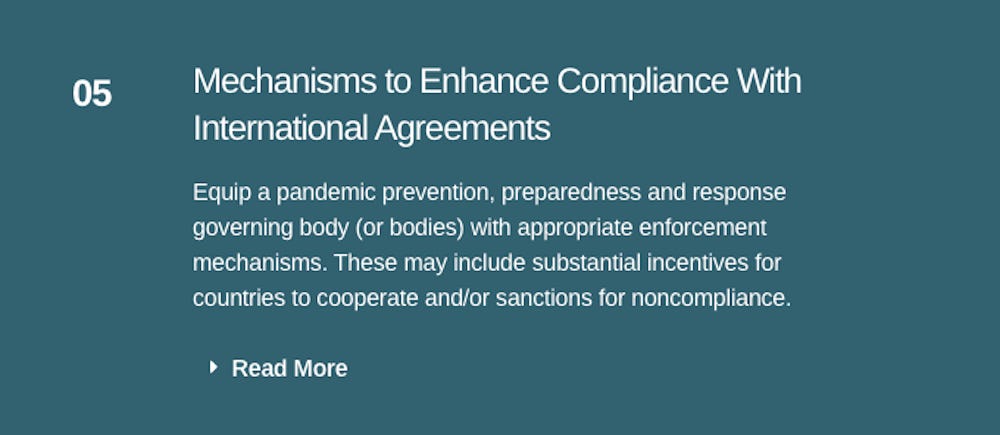
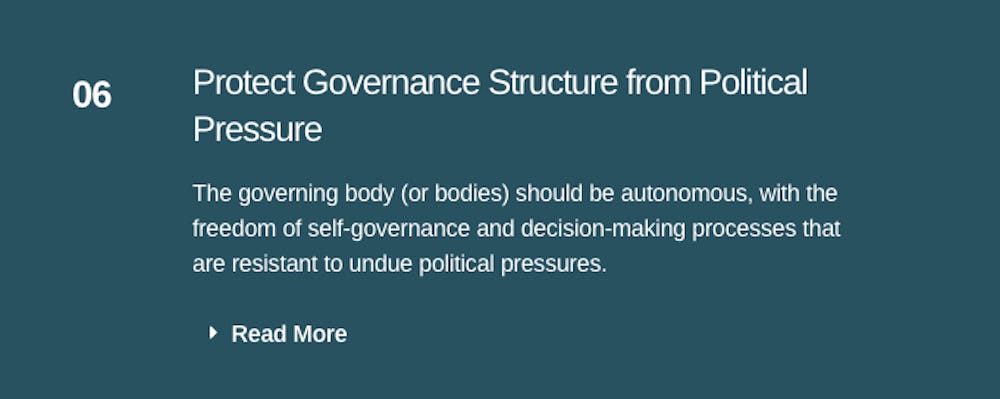
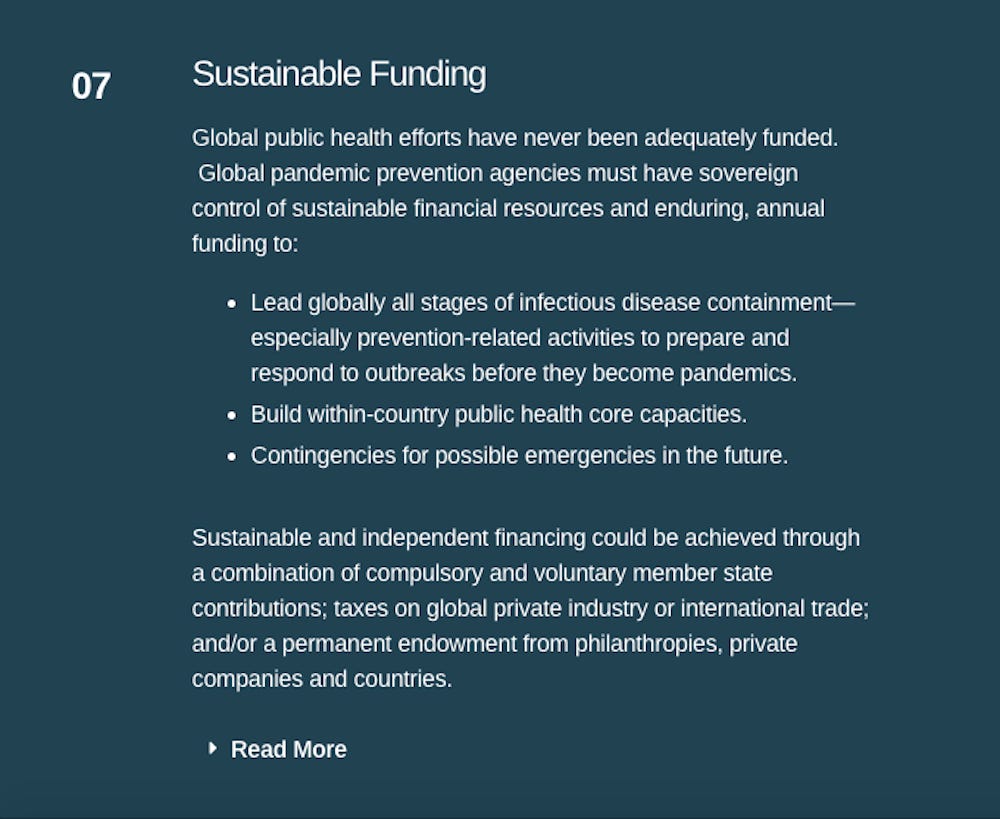
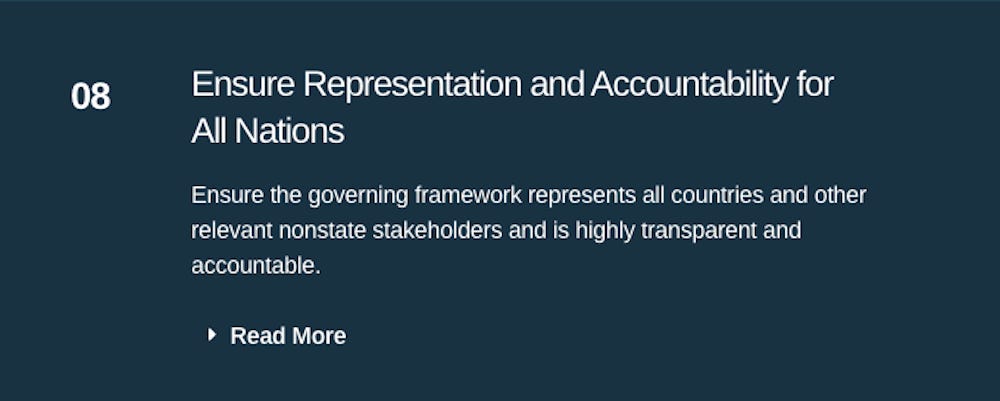
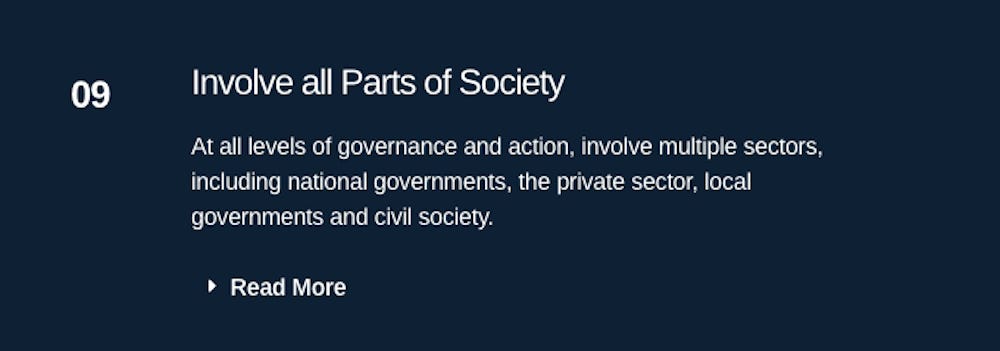
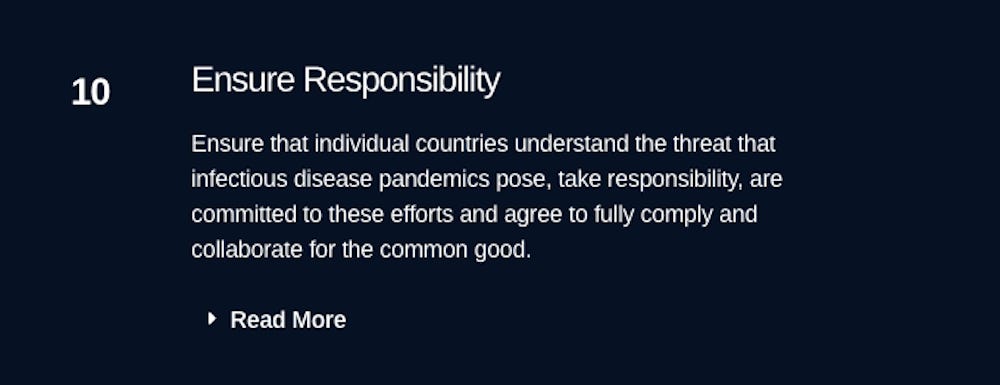
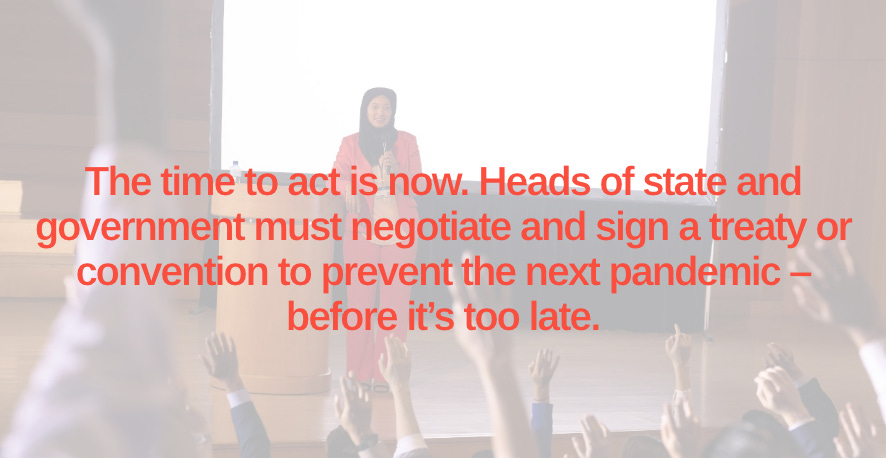
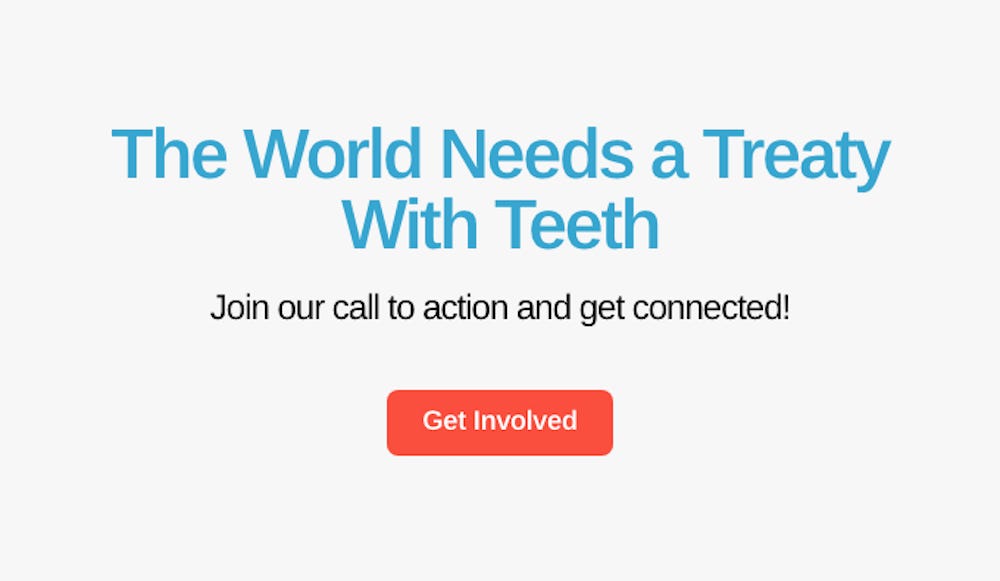


Thanks James, I'm going.
Calling Alex Jones. Bring your bullhorn Alex. 😃
No one shamed the elite like that Texan. 😜